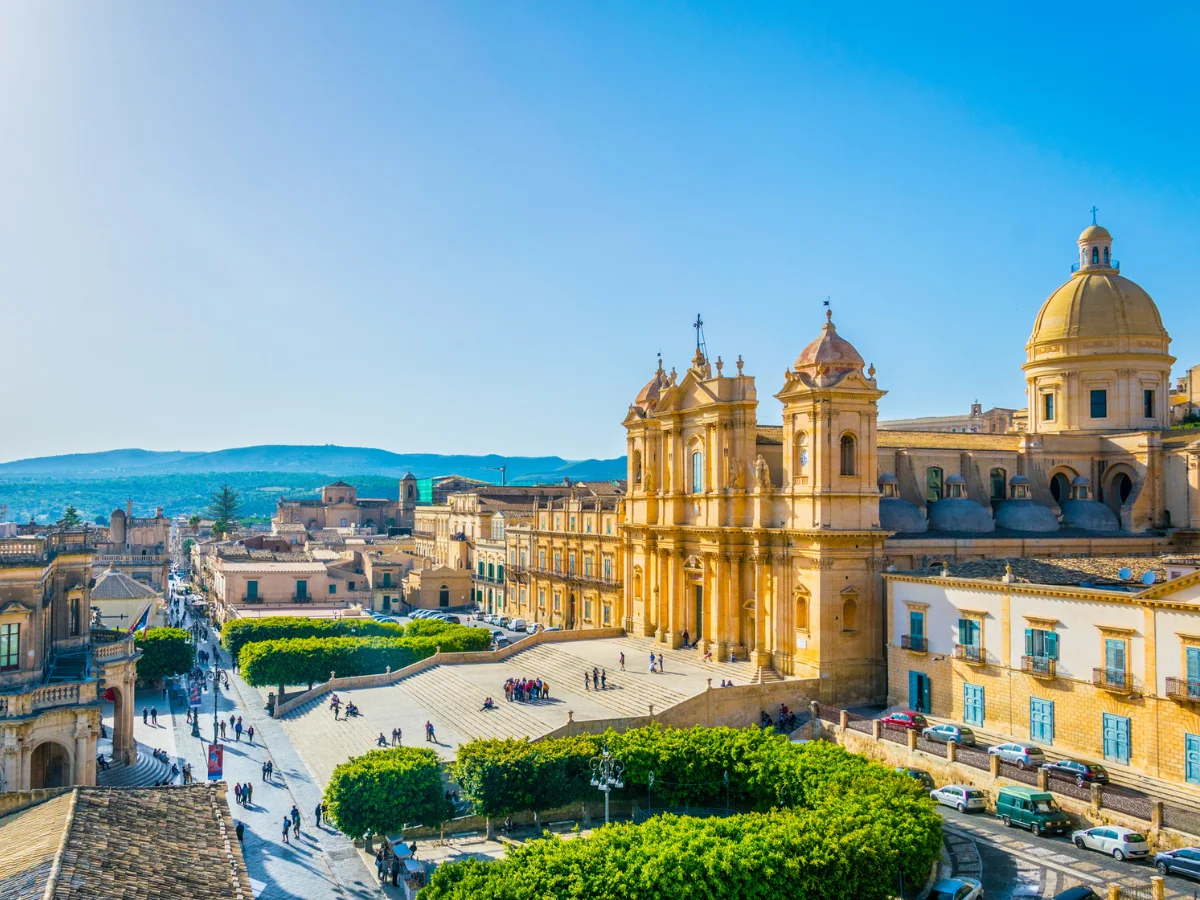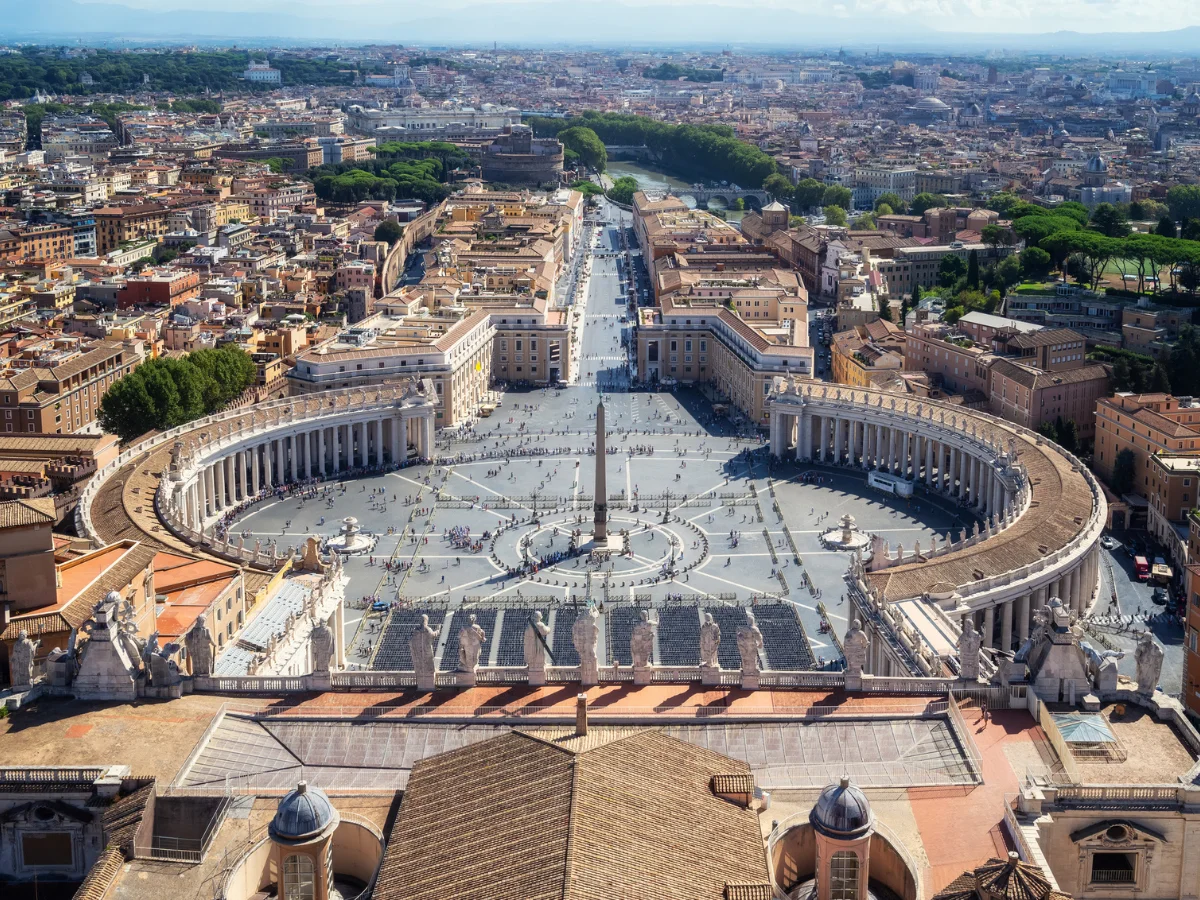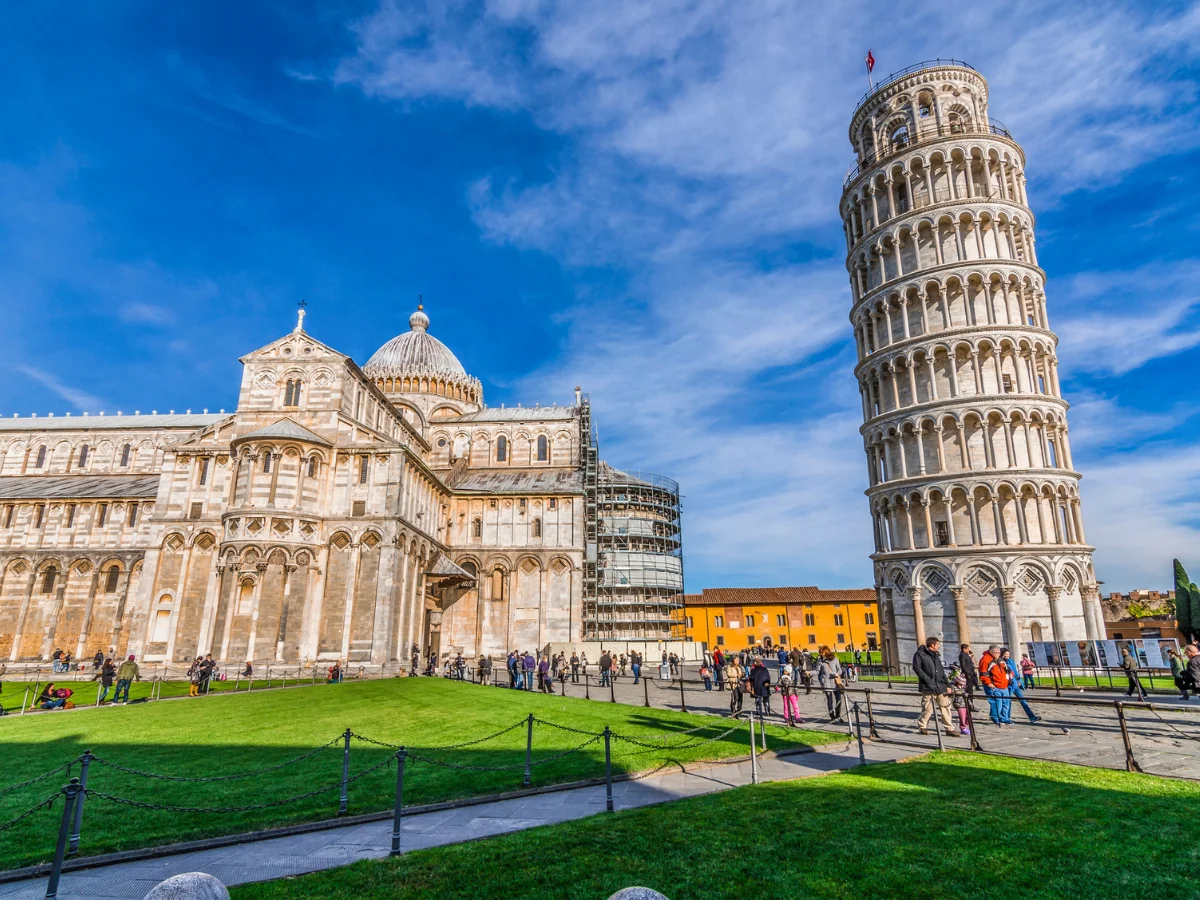The wars between the Gauls and Ancient Rome
The wars between the Gauls and Ancient Rome were marked by pivotal battles like Allia and Telamon. The Gauls’ sack of Rome in 390 BC underscored their threat. However, Roman resilience, seen in battles like Telamon and Magetobriga, led to victories. Julius Caesar’s Gallic Wars further expanded Roman influence. These conflicts reshaped European history, with Rome ultimately asserting control over Gaul. The conquest paved the way for Romanization, leaving a lasting impact on Gaulish society. The wars highlighted the military prowess of both civilizations and showcased the complexities of ancient warfare.

The wars between the Gauls and Ancient Rome
The Gallic Threat
In ancient times, the Gauls, a Celtic people inhabiting present-day France and surrounding regions, posed a significant threat to the expanding Roman Republic. Their fierce warriors and formidable tribes challenged Roman hegemony in the Italian peninsula.
The Battle of Allia
One of the most notable clashes between the Gauls and Rome occurred in 390 BC at the Battle of Allia. Led by Brennus, the Gauls defeated the Roman army, inflicting a humiliating defeat on the fledgling republic. This victory allowed the Gauls to sack Rome, causing widespread destruction.
The Siege of the Capitol
Following their victory at the Battle of Allia, the Gauls besieged the Capitol, one of Rome’s most sacred and symbolic sites. The Romans, under the leadership of Marcus Furius Camillus, eventually repelled the Gauls, marking a turning point in the conflict.
The Battle of Telamon
In 225 BC, Rome faced another Gallic threat when the Senones tribe invaded Etruria. The Romans, led by consuls Gaius Atilius Regulus and Lucius Aemilius Papus, engaged the Gauls at the Battle of Telamon. In a decisive victory, the Romans defeated the Senones, securing their dominance in central Italy.
The Battle of Magetobriga
In 121 BC, the Roman general Gnaeus Domitius Ahenobarbus clashed with the Gauls at the Battle of Magetobriga in present-day France. The Romans, allied with the Arverni tribe, defeated the rival Sequani tribe, solidifying Roman influence in Gaul.
The Gallic Wars
One of the most famous conflicts between Rome and the Gauls was Julius Caesar’s conquest of Gaul from 58 to 50 BC. Caesar’s legions fought numerous battles against Gallic tribes, including the Battle of Gergovia and the Battle of Alesia. Despite fierce resistance, Caesar emerged victorious, bringing Gaul under Roman control.
The Legacy of the Wars
The wars between the Gauls and Ancient Rome shaped the course of history in Europe. These conflicts highlighted the military prowess of both civilizations and ultimately led to the expansion of Roman territory into Gaul. The conquest of Gaul by Julius Caesar paved the way for the Romanization of the region, leaving a lasting imprint on its culture, language, and society.



